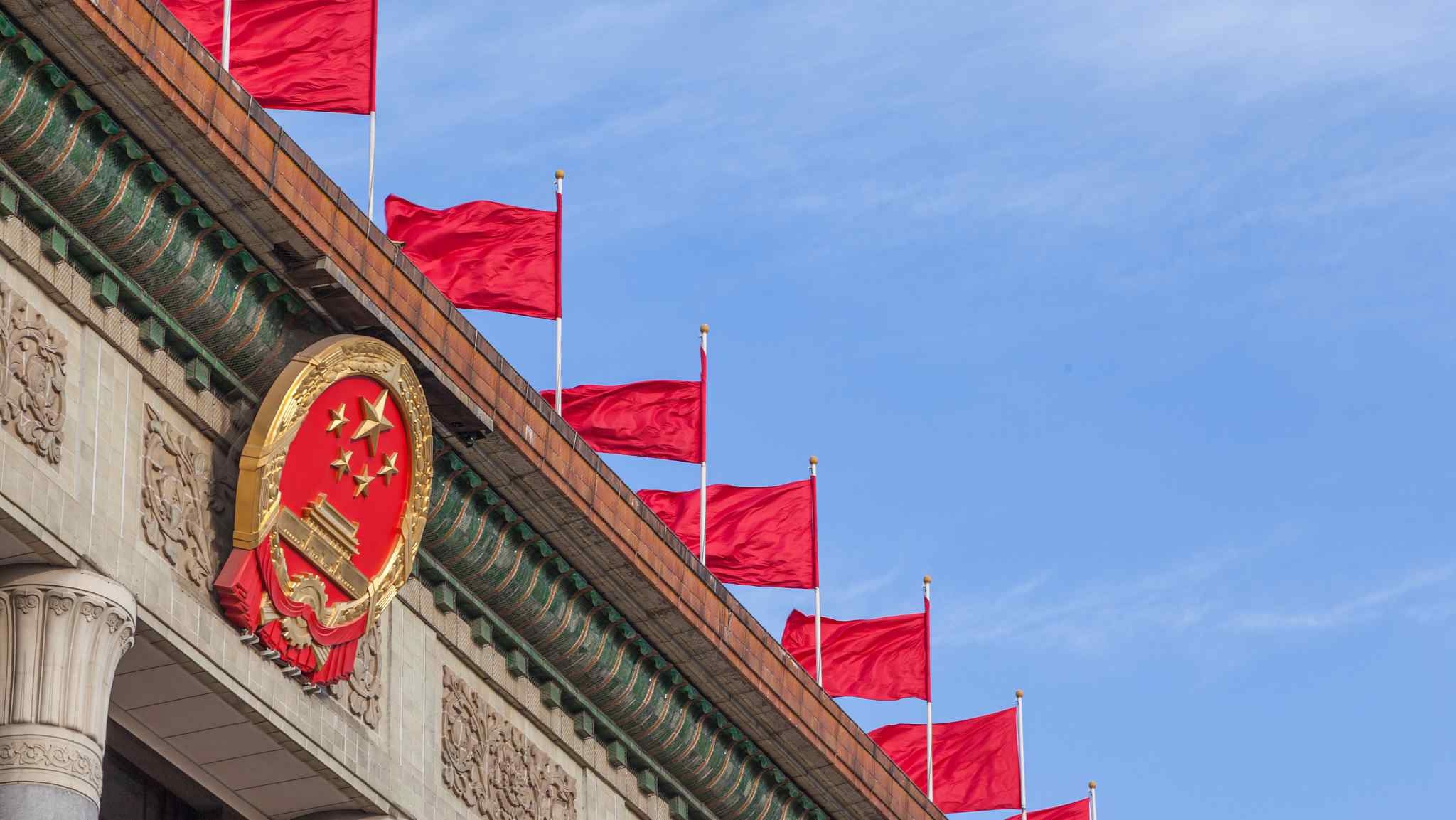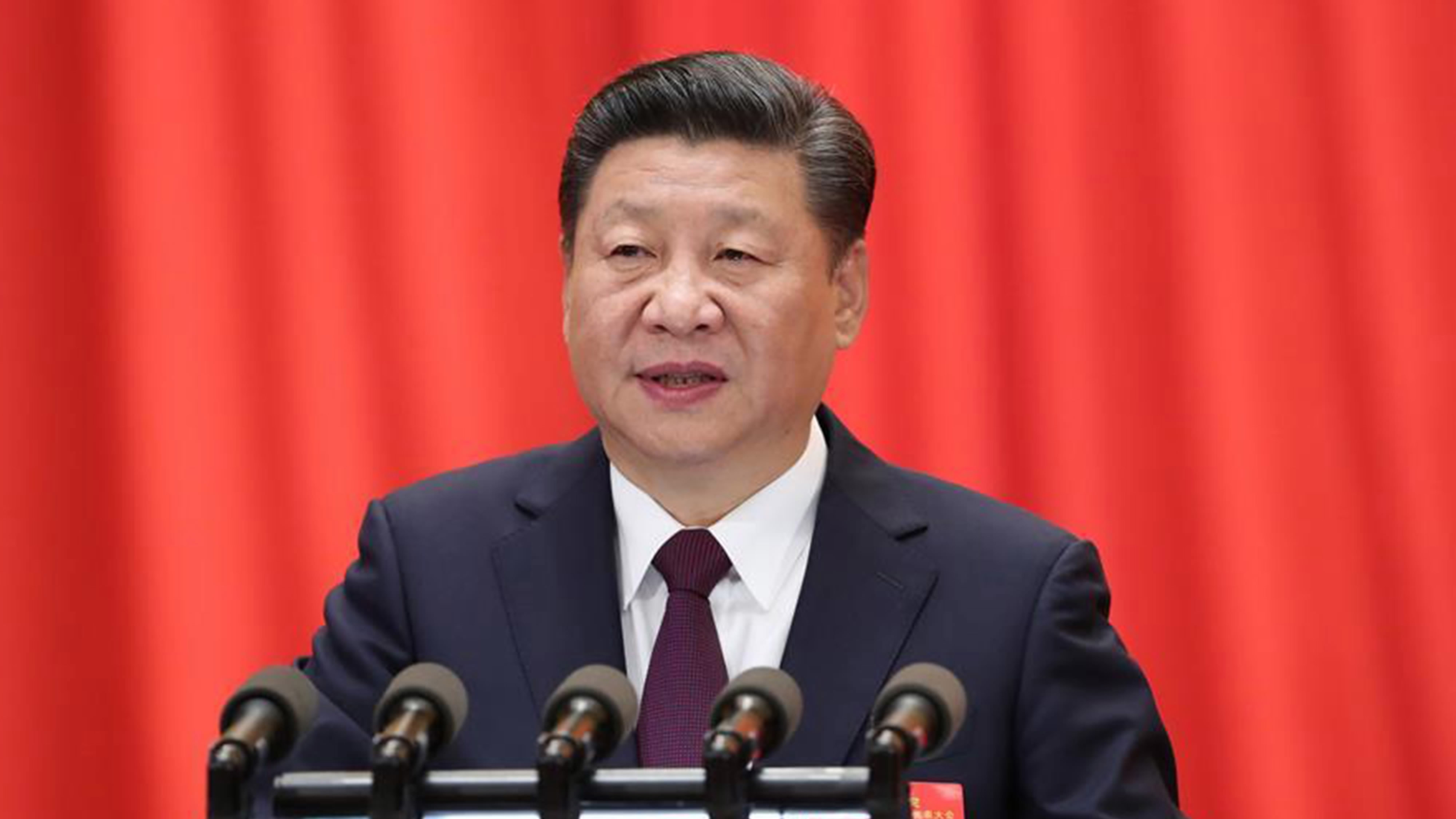
Opinions
20:25, 19-Jan-2018
Opinion: 'Xi Thought' to be added to China's Constitution
Guest commentary by Liao Fan

China is about to amend its Constitution – in perhaps one of the most significant events of 2018 – the fifth time since the current Constitution came into being in 1982. The last four amendments were made in 1988, 1993, 1999 and 2004.
The Second Plenary Session of the 19th CPC Central Committee, convened Jan 18-19, was specially arranged for the discussion of the amendment, which is expected to be made during the upcoming National People’s Congress session in March.
The country’s top legislature has exclusive authority to amend the Constitution, any amendment to which will have to be proposed by its Standing Committee or at least one-fifth of the deputies, and adopted by a vote of more than two-thirds of all the deputies.
In the wake of the 19th CPC National Congress, a milestone in history, it is natural that the amendment will reflect the spirit of the former. The most significant achievement of the 19th Party Congress is the establishment of Xi Jinping Thought on Socialism with Chinese Characteristics for a New Era as the guidance of the Party and the people, together with Marxism-Leninism, Mao Zedong Thought, Deng Xiaoping Theory, the Thought of Three Represents, and the Scientific Outlook on Development. Most likely, this new concept will be added to the preface of the Constitution.
Also in the preface, the aim of building China into “a prosperous, strong, democratic and culturally advanced country” by the middle of the century is highly likely to be replaced with the expression “a great modern socialist country that is prosperous, strong, democratic, culturally advanced, harmonious, and beautiful” to be in tune with the 19th Party Congress.

Xi Jinping delivering a report to the 19th CPC National Congress at the Great Hall of the People in Beijing on October 18, 2017. /CGTN Photo
Xi Jinping delivering a report to the 19th CPC National Congress at the Great Hall of the People in Beijing on October 18, 2017. /CGTN Photo
Another thing to watch is the upcoming Law on Supervision, a draft of which was posted on the website of the NPC in November 2017 for comments. Among other things, this bill aims to terminate the use of the so-called “Two Specifications” (i.e., specified time and place), or Shuang’gui in Chinese, a functional equivalent to detention, but not governed by law since it’s an intra-Party disciplinary measure (not a law enforcement measure) and applied to Party members only. Instead, the draft law stipulates that during the investigation of duty-related violations or crimes, under certain circumstances, the supervisory organs may detain the suspects (not limited to Party members) in specified places.
This provision, however, is potentially in conflict with Article 37 of the current Constitution, which states that the “freedom of the person of citizens of the People’s Republic of China is inviolable. No citizen may be arrested except with the approval or by decision of a people’s procuratorate or by decision of a people’s court, and arrests must be made by a public security organ.” If the legislature is determined to equip the supervisory organs with the power of detention, Article 37 will need to be amended to ensure the constitutionality of the new law.
From a more international perspective, it is worth watching whether the concept of “a community of a shared future for mankind” will be put into the Constitution. First conveyed to the international community by President Xi Jinping in 2013, this concept has become a cornerstone of Xi’s thought on diplomacy as well as China’s foreign policy ever since.

VCG Photo
VCG Photo
As an illustrative example of “Chinese wisdom” and “Chinese solution,” it is indeed an important contribution from China to the reform and construction of the global governance system. Incorporating this concept into the Constitution will definitely help to show China’s determination as a responsible major country to support and promote globalization.
A related but broader issue is whether the amendment will recognize international law (international treaties and international custom) as part of the Chinese legal system and lay out the basic rules for its application and effect (vis-à-vis domestic law) in China. So far, this issue has only been dealt with in a limited sense in the civil relations field, e.g., General Provisions of Civil Law and the Law of the Application of Law for Foreign-related Civil Relations.
(Liao Fan is a professor of law at the Chinese Academy of Social Sciences. The article reflects the author's opinion, and not necessarily the view of CGTN.)

SITEMAP
Copyright © 2018 CGTN. Beijing ICP prepared NO.16065310-3
Copyright © 2018 CGTN. Beijing ICP prepared NO.16065310-3